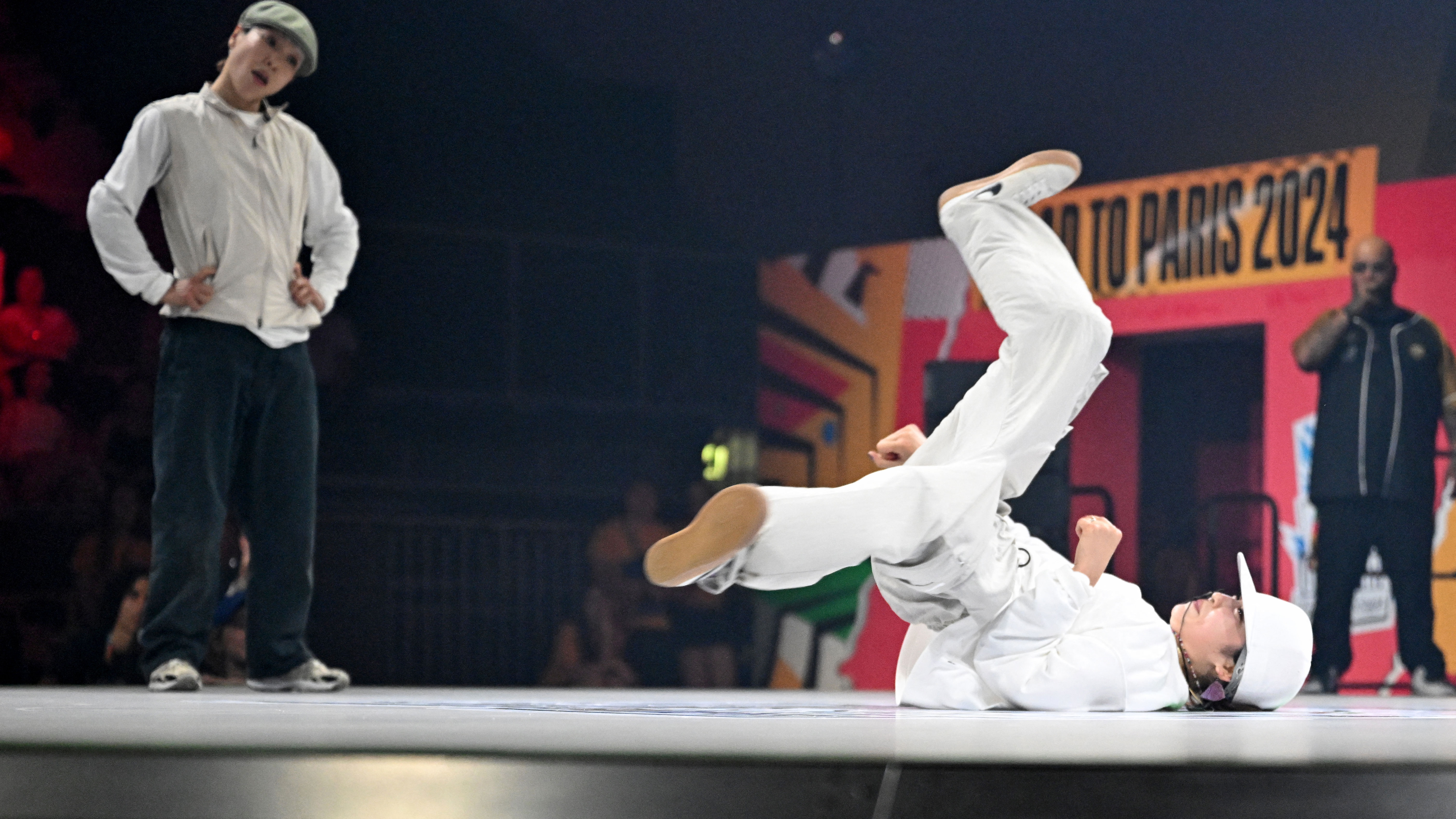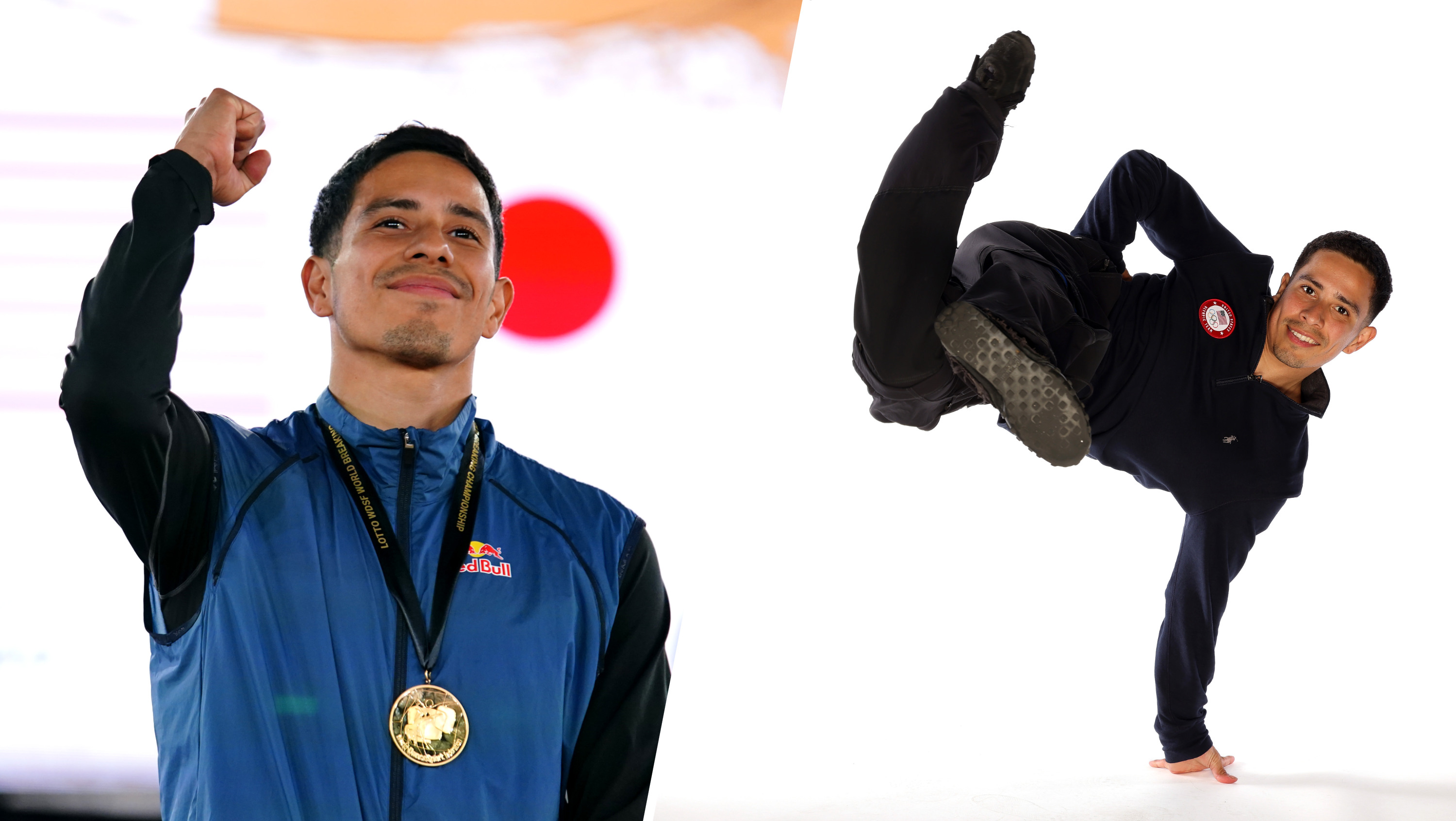In the basement of a sports complex in Paris, dozens of breakers, or break dancers, gathered almost every weeknight in July to freestyle, practicing classic moves like the windmill, freezes and headspins to the soundtrack of steady breakbeats from a playlist called “100% Flow.” They warmed up with footwork – “toprocking” – and catching the beat before diving into floor moves. Samy Vongphrachanh, 19, was cheered on by a peer when he took risks and encouraged when he couldn’t quite land a power move.
They are part of Paris’ local breaking and hip-hop community, and while international buzz is centered on breaking debuting as an Olympic sport in the Paris Games, for these b-boys and b-girls, it’s about preserving a lifestyle.
“We come, we chill, we cypher – it’s like the main essence of breaking,” said Vongphrachanh, referring to the informal circle formed by breakers in which they enter one by one to dance and battle. “It’s sharing peace, unity, love and having fun.”
Is breaking losing its essence on the Olympic stage?
The breakers in this gymnasium are just one small section of a much larger community across France. The country is regarded as the second-largest hip-hop market in the world after the U.S., and Olympic organizers are playing up the popularity of the street dance in France. Breaking is debuting as a sporting event in the Paris Olympics after its success at the 2018 Youth Olympic Games in Buenos Aires as part of an effort to attract younger viewers.
But outside the Olympic arena, some in Paris’ local breaking scene feel skeptical of the subculture being co-opted by officials, commercialized and put through a rigid judging structure, when the spirit of breaking has been rooted in local communities, centered around street battles, cyphers and block parties. For some, the fear is that the essence of breaking, as an improvisational art form born and rooted in communities of color who came together under the context of racial and economic inequality, will be diluted through mass appeal on the global stage.
“It’s a huge step for hip-hop and the breaking community,” said Rémi Chean-Len Heng, or “b-boy Fly Lin,” a breaker based in Paris who uses the dance as a form of therapy for new migrants arriving in France. “But for some, this is really a threat to the essence of the culture. We see all the politics and money behind it — it’s all about making the youth watch the Olympics more. But some in the community are scared that the culture won’t be well represented.”
Vongphrachanh is hopeful that the attention from the Olympics will inspire a new generation to get involved in the culture. He gives breaking lessons to children and younger teens. But while he appreciates the recognition, “we are asking ourselves questions about the fact that we are distorting our discipline a bit. It’s becoming too much of a competition,” he said.
Get a weekly recap of the latest San Francisco Bay Area housing news. >Sign up for NBC Bay Area’s Housing Deconstructed newsletter.
A fraught relationship with mainstream pop culture
It’s a tension that has long existed in the broader hip-hop community, according to historian Samir Meghelli, who is writing a book called “Hip Hop between New York and Paris: A Transatlantic History.”
“Hip-hop from its very beginning has had a fraught relationship with mainstream institutions and with pop culture,” said Meghelli.
What began as an outlet and form of reprieve from the daily socio-economic struggles of Black and brown youth in the Bronx in the 1970s and '80s has since expanded to a multi-billion dollar global industry.
“Hip-hop was not initially welcomed in mainstream television, radio and film, and yet it’s been incorporated into those spaces over time. But there have always been a lot of tensions,” said Meghelli. “Breaking becoming a part of the Olympics is just the culmination of the most recent chapter in that longer history of tensions.”
From the Bronx to Paris
On this side of the Atlantic, it all started in Seine-Saint-Denis. Before the glitz and glamor of corporate-sponsored dance competitions catching the eyes of curious kids scouring YouTube, there was the novelty and fame factor of an iconic hip-hop group from New York – Rock Steady Crew – performing in the Paris suburb of Saint-Denis in 1982. By then, the music had already made its way over from its birthplace in the Bronx, playing in nightclubs in and around Paris. But it was in communities of color in the housing projects of Saint-Denis that the culture of breaking first took hold in the country, and is still considered to be the heart of France’s hip-hop scene. Hip-hop resonated with young people of color in Saint-Denis in a way that parts of broader French culture did not.
“I saw some break dancers and all of a sudden, something clicked in my head,” said Hugo Malanda-Malaki, 19, who was introduced to the dance as a child at a block party in his neighborhood in Saint-Denis. “I saw their movement, I saw the way they danced and I wanted to replicate that.”
Regulating hip-hop in France
The mixed feelings among Paris' local hip-hop community over breaking's Olympic debut are intertwined with concerns over a French law that seeks to regulate the teaching of hip-hop dances — including breaking, popping and locking — through an amendment to a 1989 law that requires a state diploma for those teaching classical dance and jazz. The existing law imposes a 15,000-euro ($16,100) fine on instructors who teach those dances without the required diploma and includes provisions for the administrative closure of non-compliant establishments.
This is not the first attempt to include hip-hop in the law. Similar proposals were made in 2013 and 2015, but were rejected due to strong opposition from professionals within the hip-hop community. This time, the law passed in March 2024.
“It’s a good thing if it brings stability to some people, but in the end, you don’t need a diploma to be a teacher of breakdance. I’m pretty sure the breakers that I saw when I was a kid never had a diploma. They still brought me to the dance,” said Malanda-Malaki.
Some celebrate the Olympic buzz around hip-hop
Organizers of the breaking competition at the Olympics are adamant that they are paying homage to the roots of breaking. The official website details the history of the movement and the art from originating in the Bronx. Flyers in the media press center document the introduction of hip-hop and breaking in France, describing Seine-Saint-Denis as “the birthplace of breaking in France" with battles still regularly organized in the suburb. Some breakers from Paris' larger hip-hop scene have also been brought into the fold, with many benefitting from opportunities to show off their skills.
Large, judged breaking contests also aren’t new. International competitions, like the Red Bull BC One World Final, have put breaking and battling on the global stage for 20 years.
The buzz around breaking’s Olympic debut is indeed being celebrated by many across the global hip-hop community, from early pioneers of the genre to fans of the culture. Rappers Ice-T and Snoop Dogg expressed their excitement over the breaking competition, with Ice-T tweeting the event “could possibly be one of the HipHop culture’s proudest moments.”
Many of the Olympic breakers themselves are navigating their roles as ambassadors of hip-hop to the Olympic world, seeing it as a “duty” to represent the authenticity of breaking and the broader culture's heritage.
“Black and Latino people are the ones that birthed this culture," said Logan Edra, or b-girl Logistx, representing Team USA. “It's a big moment for all of us, but I'm not doing this for myself. This is for breaking and for our culture.”




